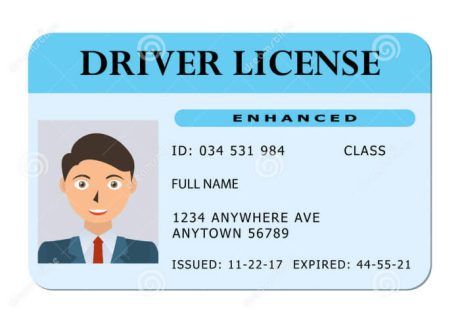Medicaid refers to a federal and state-funded health insurance program covering senior citizens with a meager income, the visually impaired, or the physically challenged. Medicaid programs in different states must cover certain services, including x-ray and laboratory services, hospital care, and nursing care for adults.
Who Is Eligible?
Anyone who falls under the eligibility criteria has a right to apply for the program. They include most senior citizens and physically challenged people under cash assistance, caregivers and parents with very low income, children, and pregnant women with income below 138% of the federal poverty line.
If you are planning to enroll in Medicaid, visit site to know five things to keep in mind:
You Need to Show That You Are Financially Needy
Medicaid is offered to those with very low-income levels, and therefore, you will need to demonstrate this aspect to be considered. So, when planning to enroll in the program, ensure that your countable assets are $2000 or less, excluding your home or motor vehicle. However, if you make more money, you can talk to your attorney to see what other options are available.
Start Planning to Enroll Early
If you believe you qualify and need Medicaid, the best time to start is now! The program has a look-back plan of 5 years, and this means that to qualify, you can give away your assets to your family and loved ones before this period. Any asset you give within the 5 years can disqualify you from accessing the benefits of the program.
You Can Create an Irrevocable Trust
None of us wants to see all our life savings disappear in the face of long-term healthcare. To cushion your assets from the high costs of healthcare that you may require while ensuring that you qualify for Medicaid, consider creating a trust that allows you to legally transfer your assets into a trust so you can claim Medicaid benefits.
Understand What Medicaid Covers
The federal government rules obligate states to offer some mandatory Medicaid services such as physician and hospital care. Aside from the essential mandatory services, however, different states have diverse packages. Therefore, when planning for Medicaid, ensure that you are well aware of what is in the package and whether or not it will be suitable for you.
Think About the Application Process
Just like most government programs, the process of applying for Medicaid benefits is a big step in your quest for health care. You may need to contact an estate planning attorney to help you break down the application process and advise you on creating the trust and asset transfer.
Medicaid planning is an important option that you need to look into if you are in financial dismay and need long-term care in a nursing home. Medicare is essential in cushioning you from the burden of long-term healthcare, and as such, you need to plan early enough to ensure that you qualify for the program and that your income level and assets are within eligibility requirements.
Read Also:

























